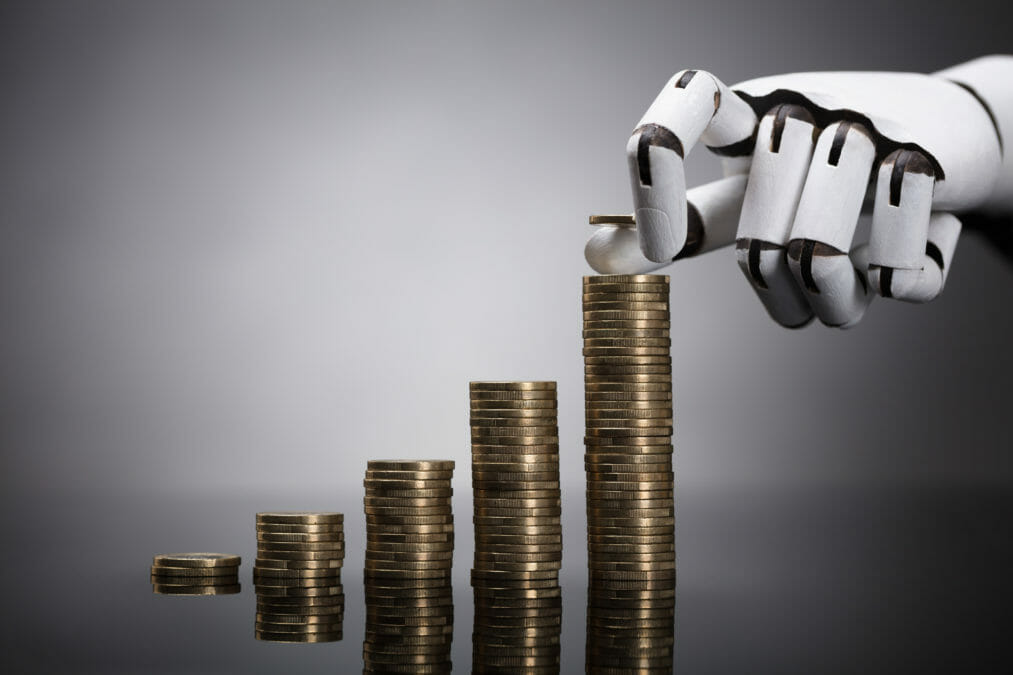Observing taxation through history appears to be a clear indicator of important shifts in society. For instance, the tax on windows when letting the light get into a building was once considered as a luxurious architectural privilege. The Middle Age tax on salt compared to the 21st century tax on sweet drinks designed to fight against obesity. Tax on petrol, first for budgetary reasons, when this resource became key in the economy and later, for environmental purposes. And in some countries, the possibility of a common income tax declaration for same-sex couples. Taxation mirrors a society’s evolution.
In a similar way, visiting science fiction books and movies set in the future, can be very interesting in understanding the challenges that taxation may have to face in the future. Yet somehow, the current world we are living in already looks like some previous sci-fi predictions. Robots flourish everywhere, allowing carefully personalised free services to be provided to us by our smartphones, giving the impression that magic really exists.
In this context, the idea of creating a new tax on robots or a new tax on personal data collection, emerges.
A tax on robots is mainly rooted in the idea that robots are going to steal jobs from workers. As a consequence, not only will workers lose their wages, they will also lose access to the associated advantages like healthcare and retirement pensions.
Robots are thus about to erase the advancements of the 200-year-old battle of workers and at the same time, put welfare systems in danger. Some politicians, some scholars and even the famous businessman Bill Gates declare themselves in favour of such a tax.
It could be used to create a budget for helping workers to train for new jobs. An interim version could see a temporary tax to finance the shift of the labour market, easing the economic impact for workers. This would create a better split of its cost within society. Another version could go further and make the tax permanent: as a new kind of worker, robots should pay taxes and contributions like any other worker.
However, this idea doesn’t seem to be fully satisfactory. The reason is that it is anchored in a two-hundred-year-old assumption: a welfare system based on work and workers. But the risk of cancer or Covid are not linked at all to the status of a worker. So why should social security contributions be based on wages or health insurance paid by employers?
The main issue is that robots are going to take away low-qualified jobs. With intense, good quality and early organised training, most workers will be able to be part of the shift. But some won’t climb on the ladder of digital skills and will be quickly left behind, particularly if there aren’t many other types of skills ladders to climb. Some individuals are going to be left aside from the workforce they used to belong to, and the financial health protection that goes with it.
In an ever-more connected world, what all human beings have in common, whether they are highly educated or not, working or not, is their data emission. Every day, individuals share massive amounts of personal data that contributes to enriching the digital economy. Creating a tax on personal data paid by the companies collecting the data could be a fair and efficient way to raise money.
Indeed, when an app collects for free, the personal health data of an unemployed individual, and when that data contributes to developing the machine learning of some medical software, why would this individual be kept aside from the promising benefit of that new medical solution?
And more generally, what about financing healthcare from the commercial exploitation of personal data? For example, a few pennies are collected each time a targeted ad is pushed?
Or what about a tax on databases or data centers to better share with the contributors the accumulated value? Indeed, is relinquishing privacy for free digital services a fair deal? Probably not. But accepting a limit to privacy, in order to finance healthcare, may become one.
What about taxing the processing of data? The issue with this is that it is an algorithm that processes the data. Therefore, the real question is — is an algorithm a robot? Wouldn’t taxing the processing of personal data be a specific kind of tax on robots? Taxing robots vs taxing data: The circle is complete.
This article is probably too short to answer the ambitious question of what the future of taxation should be. But for sure, the still nascent digital society generates new challenges and new opportunities for creating and financing the “living together” of tomorrow. The digital shift of the society is on. How will taxation mirror it?








